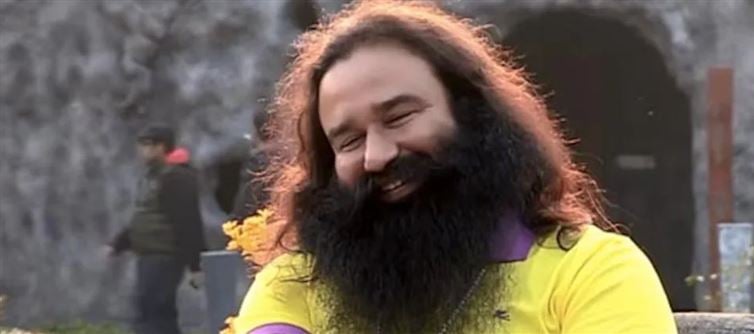
This development comes just days after a horrifying incident in Delhi, where a rape-accused man—out on bail—tracked down and murdered his victim. The incident shocked the nation and raised serious questions about how the justice system fails to protect survivors. And yet, instead of tightening parole laws or reconsidering bail provisions in rape cases, the state has now extended privileges to a convicted sexual offender. For many, this sends a dangerous message: that the safety of women is negotiable, and justice can be paused or bypassed if the accused has enough political or religious influence.
The irony is gut-wrenching. The same government that coined the slogan "Beti Bachao, Beti Padhao" now stands accused of sheltering and enabling predators. social media is ablaze with criticism, with one viral post stating, “When bjp gave the slogan ‘Beti Bachao,’ it was actually a warning, not a promise.” Women’s rights activists and legal experts are calling this a betrayal of justice, one that jeopardizes public trust in the law. As parole becomes a tool for political appeasement rather than a legal relief mechanism, citizens are left to ask: If convicted rapists can walk free, who is really safe in this country?




 click and follow Indiaherald WhatsApp channel
click and follow Indiaherald WhatsApp channel